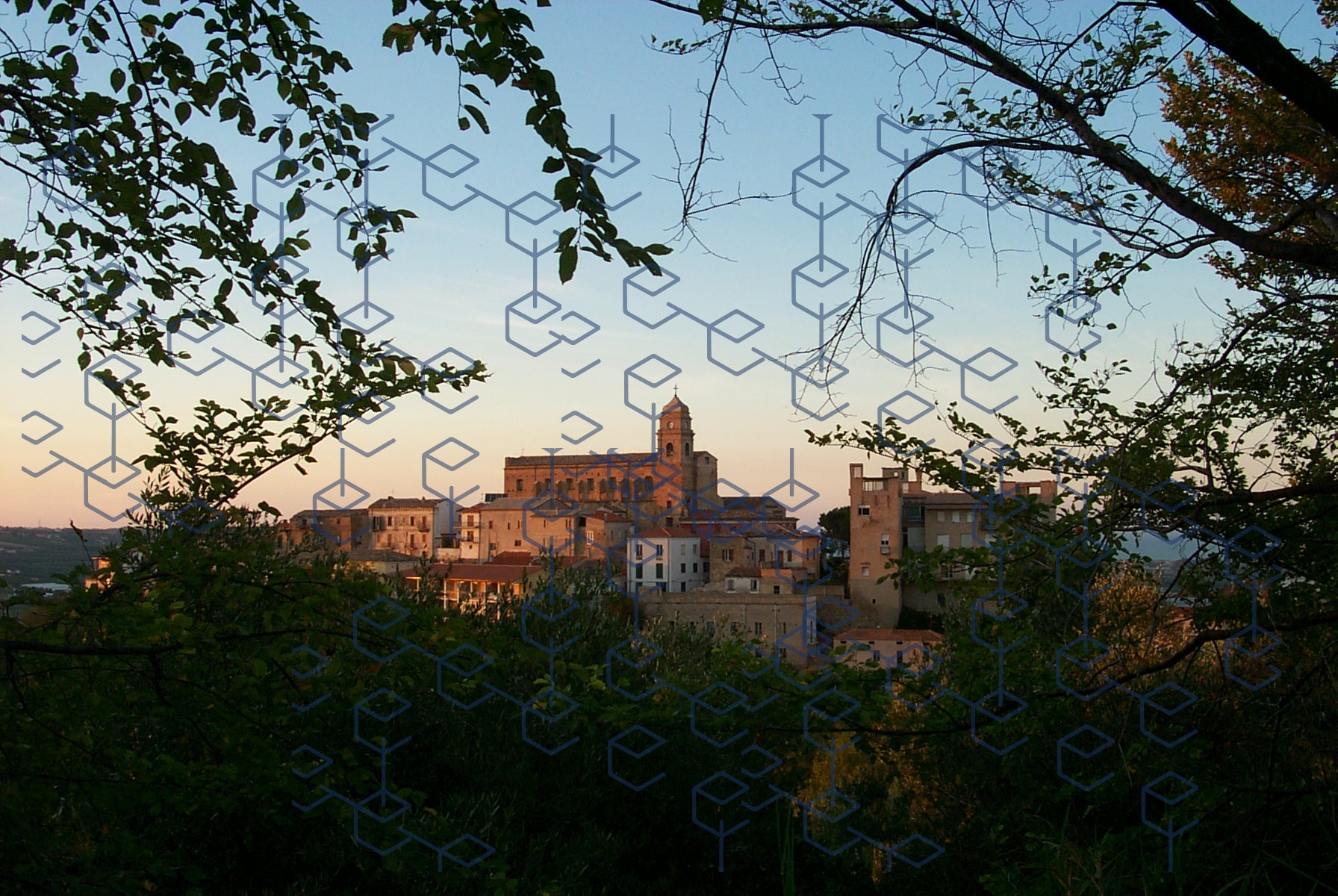Yes, the first municipality in the world using the blockchain in the waste management sector is Miglianico (Chieti), a small town of 4900 inhabitants, which is also the first example of how the advantages of the blockchain are not only theoretical but effective. Miglianico, in fact, thanks to the use of an RFID-based system, has reached almost 85% of the quota of separate collection, going from about 900 thousand euros to about 660 thousand euros of total expenditure for waste collection. And thanks to the recent introduction of the blockchain, integrated with the RFID system, aims to reach 100% because the solution allows the carefully tracking of consignments of waste per capita. A success for the administrators of this municipality, but also for the Italian tech company that created the technology: Partitalia Srl, an Italian company in the ICT sector since 2001, which produces and markets smart cards, tags and RFID readers throughout Europe and has recently developed wearable and Blockchain systems to be applied to the management of the cycle and the recycling of waste. The case of Miglianico was presented at Ecomondo, the fair of circular economy in Rimini, during the event “Blockchain and wearable RFID for certified management of timely collection”. The genesis of the project Between 201 and 2016, the small municipality decided to adhere to the European ‘polluter pays’ principle, to enable virtuous citizens to save money and make less virtuous ones pay the right price. The meeting with the company Partitalia was decisive, which led to the shared planning and implemented by the city council to adopt a new waste collection system: the citizens of Miglianico received the tubs to which was applied an RFID tag ready to be read by the bracelet “Discovery Mobile” during the collection operations. An important step, described as follows by Fabio Adezio, Mayor of Miglianico: “In 2016, when we arrived at the punctual rate, we decided to measure all the fractions, not only – as is often the case – the biodegradable and the residual fraction, but all the fractions, because we felt that the solution was to make a sort of management control over the contributions. If a citizen gives me only a kind of fraction it means that he is not making a good collection and me, with the punctual control, I will notice and report the abnormal behaviour”. Economic benefits for the municipality Defined as a “virtuous municipality”, Miglianico is a town of 4900 inhabitants that today has reached almost 85% of the share of separate collection, going from about 900 thousand euros to about 660 thousand euros of total expenditure for waste collection. At the delivery of the tubs, on 2200 Tari users, were discovered 100 thousand euros of total evasion, which, divided over five years, have quantified 20 thousand euros per year of taxes to be recovered. Besides, the introduction of this method of waste collection at Miglianico has saved 21% to virtuous citizens. To reward them, each citizen was given a water card, which allows them to take one litre of water free-forever every day. An initiative that helps to reduce the supply of the fraction of plastic. The Blockchain for waste management From here, they moved on to the application of the Blockchain. To make us better understand the “why” and the “how”, the first citizen adds: “We record the transactions related to waste collection on a certified and authenticated instrument and transfer this information. We are sure that the transaction we transfer to our systems is inviolable, so the citizen knows that is his conferral. The next step that will be implemented very soon is to give the citizen evidence of his conferral so that the citizen can have feedback. In this way, the management of waste and data related can be optimized for waste tax payments. Through RFID technology and the Blockchain system delivered by Partitalia, the Municipality of Miglianico now has at its disposal a geo-referenced data, with the reference of date and time of collection, precise elements for units and delivery. Thanks to this control, it was possible to build a precise trend: each inhabitant of the municipality, in fact, produces 75 kg of waste per capita every day. But not only that continues Adezio: “With this technology, which is safe and certified, simply analyzing the waste collection we’ll discover many other things, for instance, we’ll see if someone occupies the house with unauthorized people.”
© RIPRODUZIONE RISERVATA
